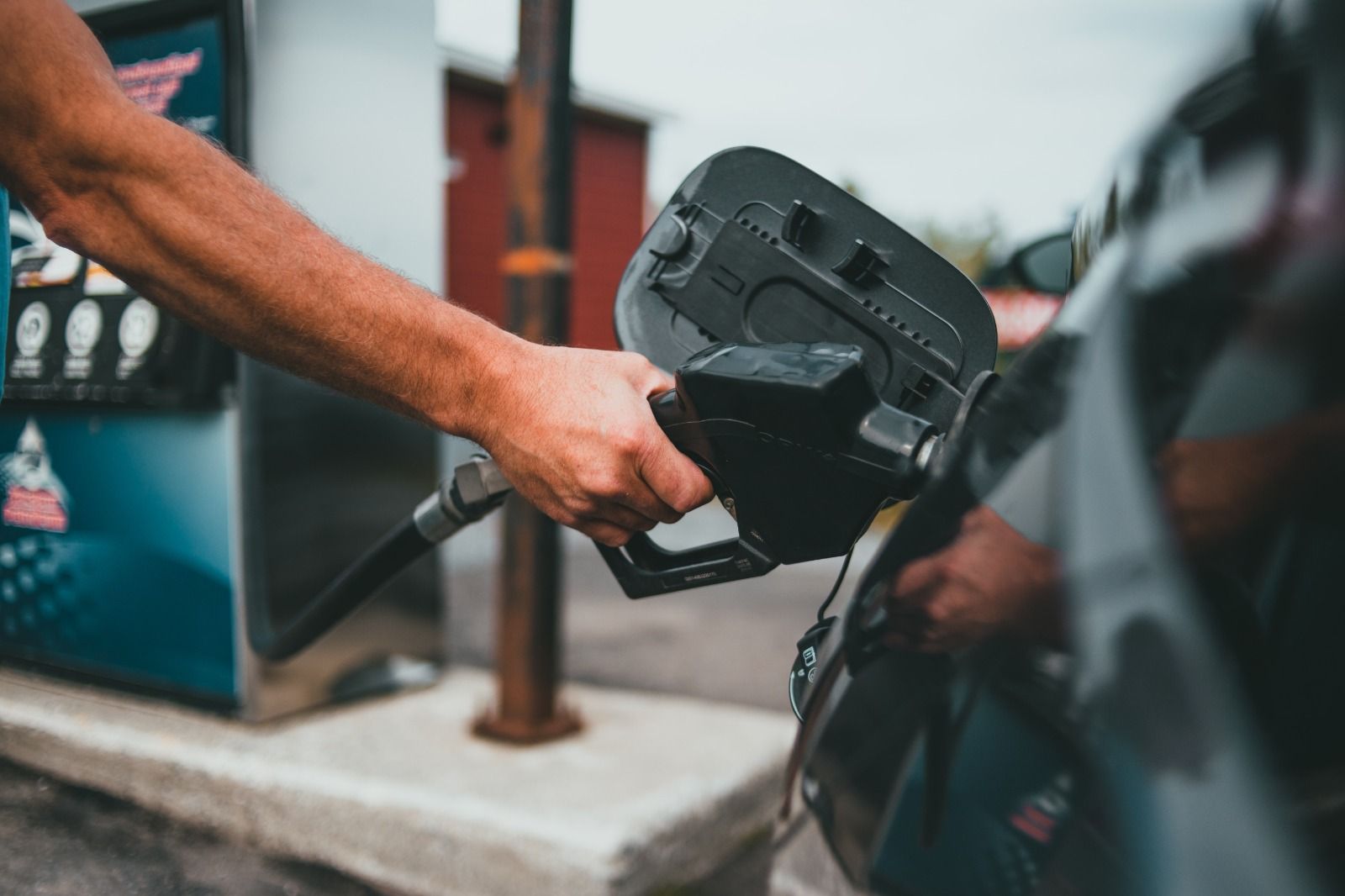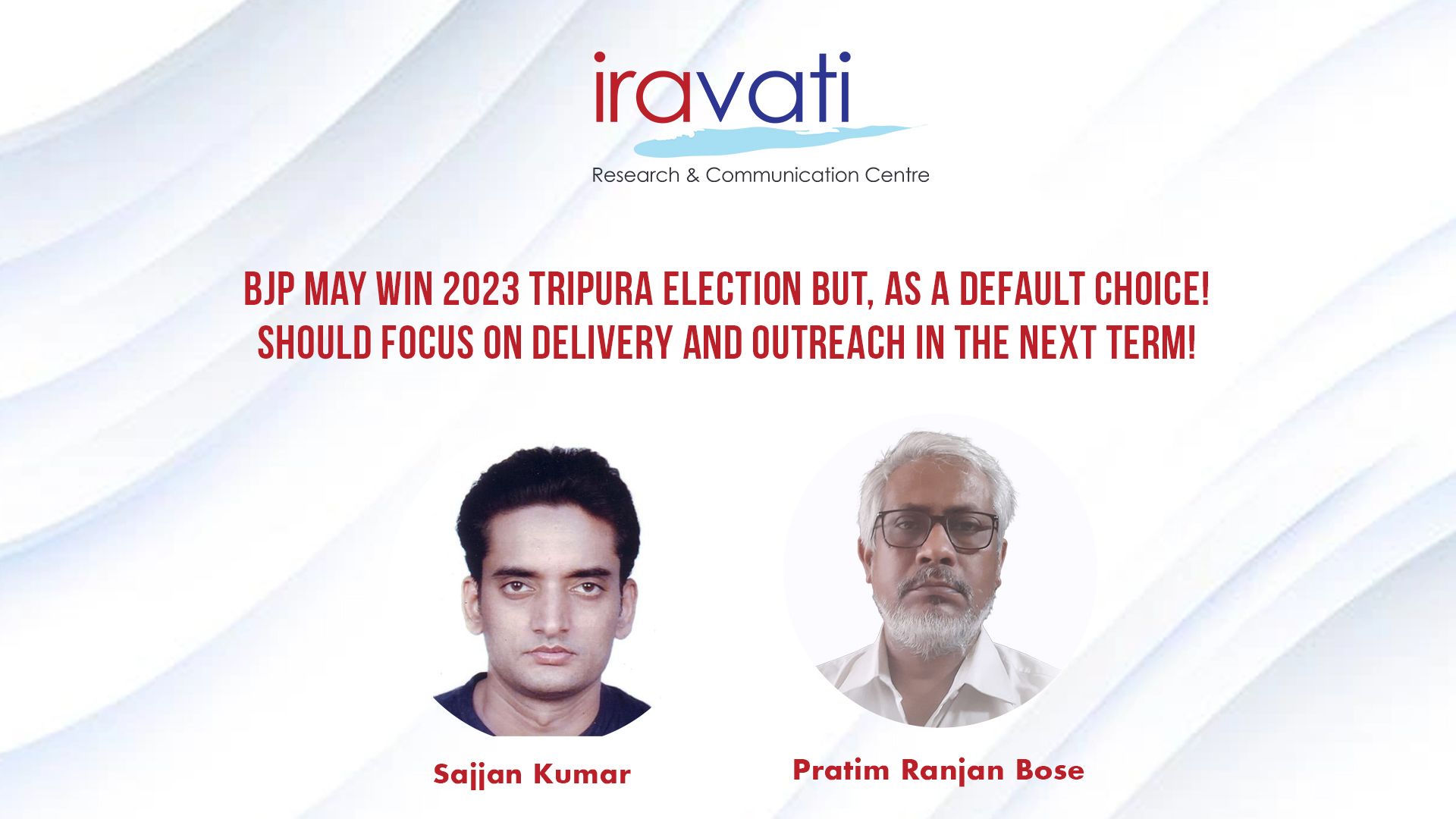E-commerce of Alcobev products in India: Challenges and Potential
Subhajit Poddar
Post On > Nov 17 2021 1742

The Covid-19 outbreak created serious hurdles for business. But it also opened new opportunities like doorstep delivery of alcoholic beverages through e-commerce platforms. E-commerce has given outstanding returns to alcobev, during the pandemic, in countries like USA and China. However, its potential has not yet been fully realized in India.
The e-commerce of alcobev doesn’t bypass the brick-and-mortar distribution channels. Typically, it connects the retailer with the customer ordering through an online portal or a mobile app. At present, producers are not allowed to sell directly to consumers in India.
Initially, in 2020, the e-commerce of alcobev products remained a non-starter in India, due to high delivery fees (on top of MRP or minimum retail price) charged by aggregators like Swiggy and Zomato and lack of clear guidelines. Besides, beer packaging is bulky and needs to be delivered chilled which was a challenge for online sales.
The issue of legal clarity about online sales is important. The sale of liquor is a highly regulated operation in India; as each State operates as a separate market with its set of regulations, license fees, promotion limitations and even legal drinking age.
State governments issue specific types and quantities of licenses and only authorised retailers are permitted to sell to consumers. Online liquor sales require tie-up with the local licensed liquor shops, approved by the State Excise Department. Traditionally these shops have not been exposed to e-commerce and were hesitant to adopt the new normal.
Also, there is a cost to deliver liquor at home. Unless the pricing structure is adjusted to accommodate it, consumers will end up paying more than the MRP which will be detrimental to online sales growth. Officially some States offer license to retailer for home delivery of liquor. But procuring that license (L-13) is a challenge.
While many issues, particularly the pricing part is yet to be resolved, the outlook is changing gradually.
Alcohol delivery was the next big thing in India’s e-commerce scene during the Covid pandemic. A lot of e-commerce players, including Amazon and BigBasket, acquired licenses for delivering alcohol in a few states, while food aggregators Swiggy and Zomato too offered alcohol delivery services in limited regions in the country.
Ordering online and home delivery opened up as a crowd management tactic for the alcobev industry to avoid the rush at liquor shops amid the pandemic. This being the key goal, State Excise departments chose to follow a variety of formats to facilitate it. States like West Bengal allowed aggregator platforms to step in and establish last-mile connectivity.
Others such as Maharashtra permitted retail stores to carry out home deliveries with orders being placed online, via calls or on WhatsApp. Assam Government has also permitted home delivery of alcobev products in the capital city of Guwahati this year.
The e-commerce platform offers many advantages to the alcobev industry. It lowers the entry barriers for retailers, customers will have more choices to select and order rather than depend on the limited options available with the local retailer and gives more control over the buying experience.
Going direct-to-customer is an efficient way to reclaim and brand the customer experience as it gives us access to valuable customer data so that one can provide outstanding experiences and work on improvements. It also gives optimized distribution and increased access to customers. The US beverage industry reported 234 percent rise in alcobev sales through online channels in 2020.
The rising disposable income of the younger working population, rapid urbanization and increased exposure to alcoholic beverages and international brands, are pushing the alcobev sales in India. Besides, social drinking with family and friends is increasing. It demands better access to product range and convenience of home delivery which can be made possible by e-commerce.
Overall, e-commerce is a boon to the alcobev industry in India and may help States earn more revenue. However, the State Governments need to come up with simplified guidelines and tax structures to help the trend consolidate. Engaging with the stakeholders in the entire supply chain will help bring out robust guidelines for e-commerce of alcobev.
*Subhajit Poddar is an expert on business and industry. He is based in Guwahati. Views are personal.
** Photo by Jenni Peterson on Unsplash.

eeeeeeeeeeeee
2024-09-25 20:51:34

2024-09-25 20:51:27

Northeast Energy Scenario Part-1: Paradigm shift in petroproduct availability and consumption
2023-03-28 21:52:05

Consolidation of 'indigenous' votes aligned Tripura's political landscape with the rest of the northeast.
2023-02-16 14:21:53

Why Kolkata doesn’t have a Unicorn ?
2023-01-28 15:23:57

Social media literacy should be mandatory in UG curriculum
2022-11-30 17:30:53
